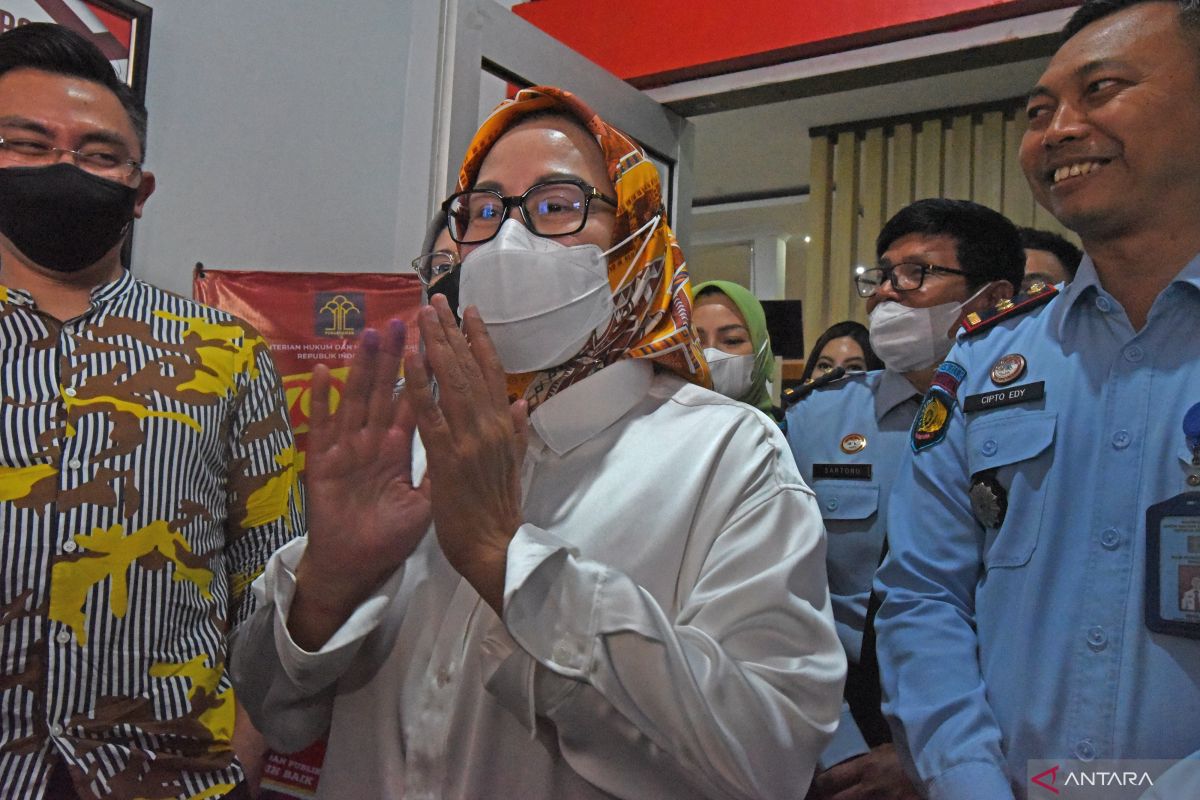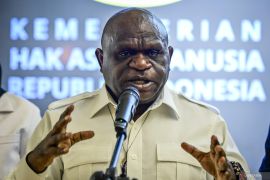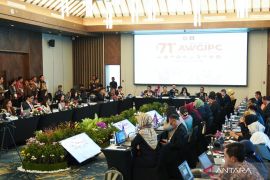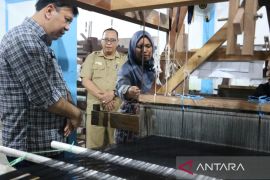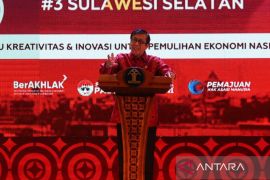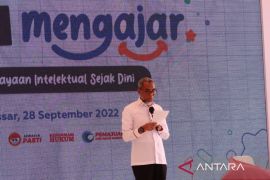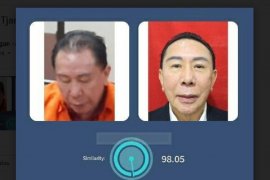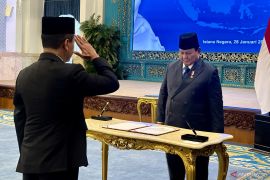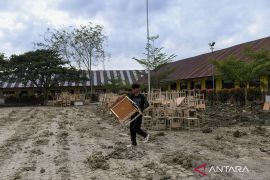"We just have to comply with the stipulations, the laws say such," Laoly remarked at the Presidential Palace here on Friday.
A total of 24 convicts involved in corruption cases were released from prison on September 6-7 either due to being granted parole or having got leave before being released.
"Hence, Government Regulation Number 99 has been reviewed. There is also a Supreme Court decision saying that prisoners have the right to remission. Hence, according to the principle of non-discrimination, Government Regulation Number 99 is put through judicial review. Now, that is why we are in the preparation of the Correctional Law -- to adjust in accordance with the judicial review," he elaborated.
The Supreme Court revoked and canceled Government Regulation Number 99 of 2012 concerning terms and procedures for the rights of correctional inmates, so the ministry had issued Law and Human Rights Ministerial Regulation Number 7 of 2022.
In that law, it was stipulated that corruptors looking to get conditional free remission were required to pay fines and compensation. However, it was not necessary to obtain a statement of willingness to cooperate as stipulated by law enforcement agencies as in the government regulation in question.
"It is no longer possible for us to go against the rules of the judicial review decision on the existing law. It has become a law," he affirmed.
The revocation of Government Regulation Number 99 of 2012 actually began with the Constitutional Court Decision Number 41 of 2021.
The Constitutional Court's decision allowed for the Supreme Court, through its decision Number 28P/HUM/2021, to point out that the articles of 'putting stricter rule on remissions' of Government Regulation Number 99 were contrary to the Correctional Law and had no binding legal force.
The elimination of the justice collaborator requirement in the Supreme Court's decision made this a condition for granting rights in accordance with Law Number 31 of 2014.
A total of 23 corrupt convicts received a parole program issued by the directorate general of corrections at the Law and Human Rights Ministry on September 6, 2022.
The 23 corruption convicts that received parole comprised Ratu Atut Chosiyah, Desi Aryani, Pinangki Sirna Malasari, and Mirawati, Syahrul Raja Sampurnajaya, Setyabudi Tejocahyono, Sugiharto, Andri Tristianto Sutrisna, Budi Susanto, Danis Hatmaji, Patrialis Akbar, Edy Nasution, Irvan Rivano Muchtar, and Ojang Sohandi.
The others receiving parole comprised Tubagus Cepy Septhiady, Zumi Zola Zulkifli, Andi Taufan Tiro, Arif Budiraharja, Supendi, Suryadharma Ali, Tubagus Chaeri Wardana Chasan, Anang Sugiana Sudihardjo, and finally Amir Mirza Hutagalung. Meanwhile, a convict, Jero Wacik, received leave before release.
The basis for grant of conditional rights to prisoners in the form of parole referred to Article 10 of Law Number 22 of 2022 on corrections.
The conditions for parole comprised good behavior, active participation in the coaching program and having shown a reduced level of risk, and served a minimum of two-thirds of the criminal period provided that two-thirds of the criminal period was at least nine months.
Related news: There must be no special treatment for corrupt: KPK
Related news: Rectors asked not to commit corruption in student admission process
Translator: Desca L N, Mecca Yumna
Editor: Rahmad Nasution
Copyright © ANTARA 2022
